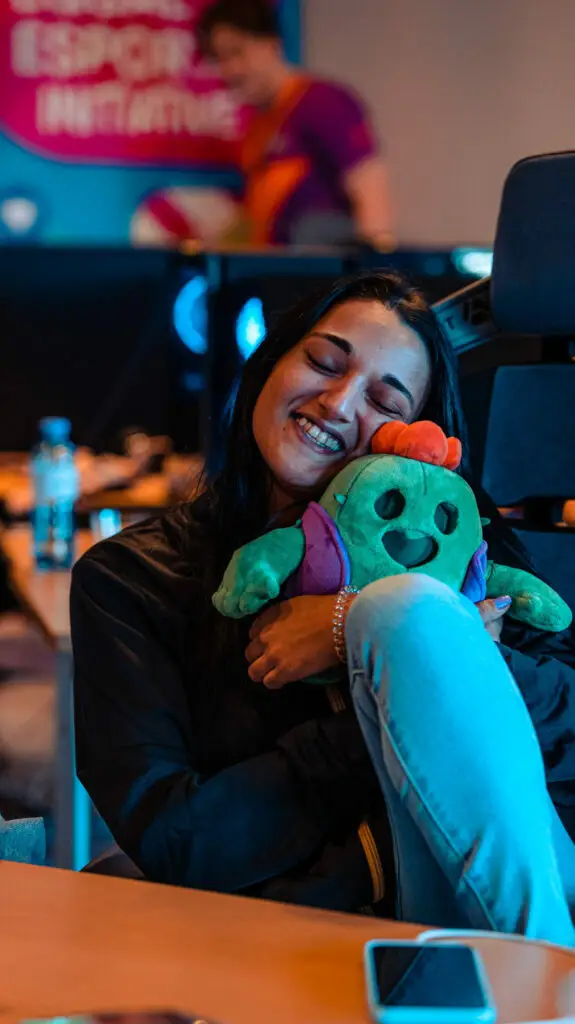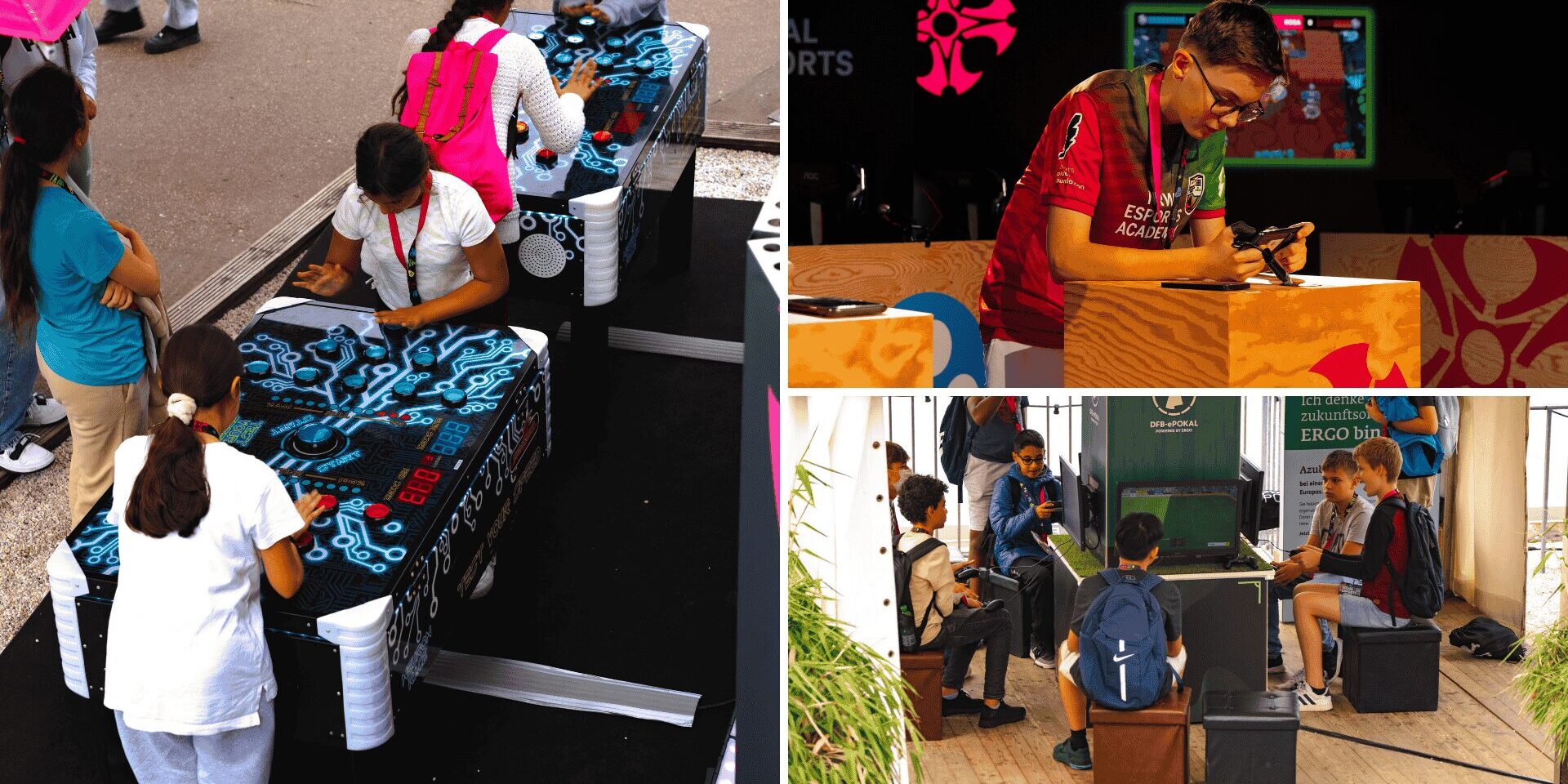Esports Parents Guide - What you should know about Esports
Almost every child and young person today grows up with esports and gaming. They are no longer just a trend, but an integral part of everyday life and culture. What used to be the dream of becoming a professional footballer, vet or firefighter are now influencers, streamers or professional esports players.
But while esports is a fascinating environment for young people, it raises questions for many parents: How much gaming is healthy? Which games are suitable? What are the opportunities and risks? And how can I support my child without losing track?
What is esports?
The world of gaming is diverse and constantly evolving. Terms such as “esports”, “streaming” and “gaming community” are part of everyday life for many children and young people – but what exactly do they mean?
The eSport-Bund Deutschland (ESBD ) defines esports as “the competition between people on the virtual level of a computer game.” The ESBD also states that esports must be practiced by humans, that esports corresponds to a competition and that esports must always be based on a computer game. One of the ways in which gaming differs from esports is that it can be both entertaining and non-competitive.
If we compare esports with traditional sports, many parallels can be drawn: Players compete against each other in organized tournaments or leagues – similar to traditional sports, there are different national and international competitions depending on the discipline. However, the international tournaments in esports are often much larger and more prestigious than the national leagues.
The much-cited communities in esports can also be compared to the fan clubs and fan cultures of traditional sports. The clubs, or organizations often referred to as orgs in esports, have loyal supporters who accompany their teams to tournaments and create a great atmosphere on site with jerseys, scarves and fan chants. At the same time, millions of viewers around the world follow major events via live streams and cheer on their favorite teams online.
Skills through esports
Esports teaches a variety of valuable skills that are also important outside of computer games. Players learn to act as a team by developing strategies, understanding their roles and achieving goals together. In games such as League of Legends or Valorant, five different characters have to be played, each with individual requirements for the player, their team and the cooperation between them. There are strategies for every conceivable scenario in long games.
Clear and precise communication is essential – often in English, as many international teams and games rely on this language. When children and young people play a game on the internet today, the opponent or teammate can, in principle, also be from Venezuela or Asia. However, it is usually players from Europe.
At the same time, esports promotes a high affinity for technology, as players are exposed to gaming hardware, software and digital platforms. Unlike many parents, children grow up organically with media.
In addition, the competitive nature of esports strengthens the solution-oriented mindset – quick decision-making, analyzing game situations and creative problem-solving are crucial to be successful. These skills are not only valuable for a career in esports, but also in many other professional and academic fields.
Together with our enabling partner Deutsche Bahn, we are specifically trying to combine the skills of esports graduates with apprenticeships and study options.
You can find out more about our collaboration here: db.jobs/esports


Risks for children & adolescents
As many positive skills as esports can promote, there are also challenges that should not be underestimated. Games beyond esports have a strong performance character and motivate players to continuously train to get better. This can lead to an increase in the amount of gaming and other important areas of life – such as school, education or social contacts – taking a back seat. We recommend that you agree a fixed media budget with your children that can be used for games to prevent overuse.
Another risk is the lack of exercise: As gaming is mostly done sitting down, there is less time for physical activity, which can have long-term effects on health. Together with the talents we support, we are setting an example for the importance of movement & training as a component of both performance in front of the computer and general health.
The esports world is not free of hate speech and toxic behavior. Insults can occur in communities and during matches, which can be particularly distressing for young players. We recommend that parents keep an eye on their children’s activities and engage in discussions.
How parents can support their child
Many parents are faced with the challenge of understanding their children’s passion for esports and providing them with meaningful support. Instead of seeing gaming as a distraction or a waste of time, it is worth actively engaging with the topic. Through interest and open discussions, parents can create a basis of trust to support their children in their development.
The first important step is to find out about the games and their content:
- Which titles does your child play?
- Are there age ratings?
- Is it a purely recreational game or a competitive esports title?
- A joint discussion about playing times, goals and possible challenges helps to establish clear rules and healthy habits
If you are interested in detailed information about Brawl Stars & League of Legends, we recommend our specific parent guides!
